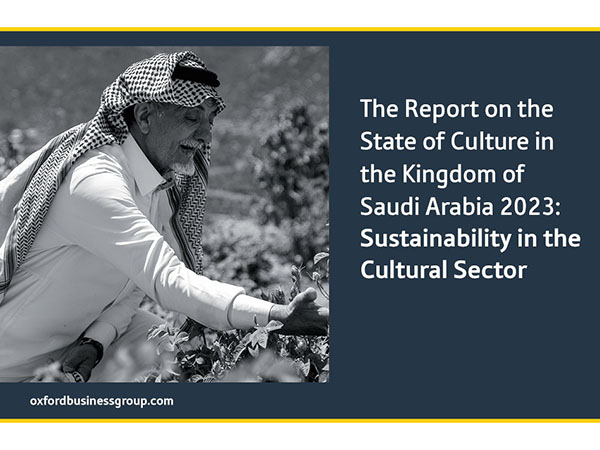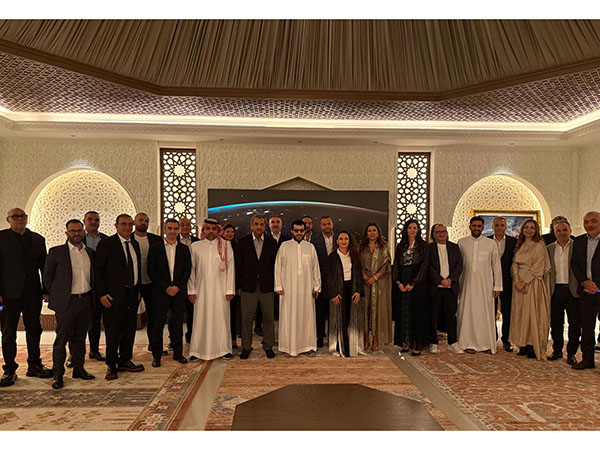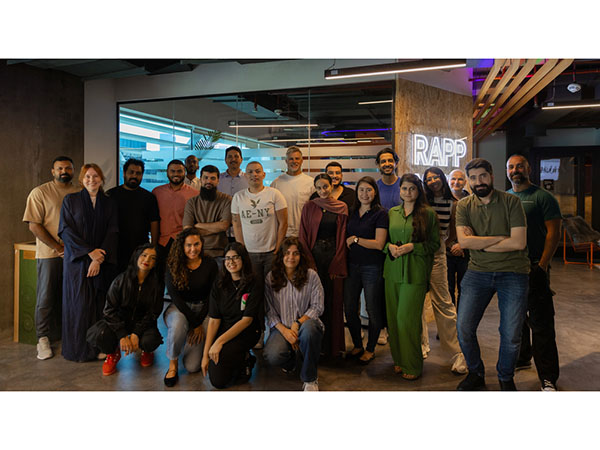News - News In Brief
Confident CEOs applying the harsh lessons from COVID-19 to build back stronger
March 26, 2021

One year after COVID-19 was declared a pandemic, CEOs are increasingly confident in global economic recovery – 72% of business leaders in the Middle East and 76% globally believe that economic growth will improve in 2021.
As mass vaccination programmes offer an assured exit from the pandemic, Middle East CEOs are also more optimistic about their organisation’s growth prospects. Some 52% of those polled said they are ‘very confident’ about revenue growth over the next 3 years, compared to 47% globally.
Hani Ashkar, PwC Middle East Senior Partner, said: “After successfully navigating the uncertainty brought about as a result of the COVID-19 pandemic, companies have emerged more resilient and agile than ever before. Middle East CEOs are cautious but optimistic. It’s clear that in order to continue to thrive, companies will need to embed lessons learnt as a result of the pandemic to transform their operations, continue to drive investments and secure the wellbeing of their people.”
The survey findings reveal that organic growth is high on the agenda for many CEOs, with 35% saying that they are planning to enter a new market in the next year, more than any other region surveyed. Others are looking at forming new strategic alliances or joint ventures in the next 12 months – 41% are planning to do so compared to 36% last year. M&A will also remain an important tool with 26% indicating they plan to pursue it.
Taking the hard lessons from COVID-19 to build more resilient businesses
The survey findings reveal that Middle East CEOs are drawing on their experience of withstanding the dual shock of COVID-19 and the drop in oil prices to build smarter, more resilient organisations. Two lessons in particular are highlighted in the results. Firstly, the abrupt mass shift to remote working in 2020 amid worldwide economic upheaval has pushed employee welfare up corporate agendas, with 50% respondents agreeing that improving the health and well-being of employees should be a business priority, up from 43% in 2016.
Secondly, COVID-19’s social and economic impact has prompted 76% of CEOs across the region, in line with their peers worldwide, to reassess and overhaul business and operating models, as well as corporate transformation programmes, that were conceived and developed before the pandemic in order to drive growth.
Transforming out of the crisis
Today, 59% of those surveyed in the Middle East, compared with 49% globally aim to increase their investments in digital transformation by 10% or more over the next three years, as a direct response to the impact of COVID-19. In the aftermath of the global financial crisis, in 2010, only 11% of Middle East CEOs planned to substantially increase their digital investments.
Stephen Anderson, Middle East Strategy and Markets Leader, said: “Our CEOs realise that they need to transform their organisations and invest to emerge stronger from the pandemic. Planned digital investments, however, will only realise their full potential if organisations ensure that employees are upskilled to utilise Artificial Intelligence (AI), robotics, machine learning and other new technologies. CEOs are already citing a lack of available skills as a key constraint and as a region we are going to have to be able to develop our own talent to compete.”
In the current survey, 70% of Middle East CEOs, more than any other region, believe a skilled, educated and adaptable workforce is a top business priority. 46% of the respondents, compared with only 6% in 2016, are prioritising automation and new technology to increase productivity and competitiveness – the steepest rise of any region globally during the same five-year period.
Resilient CEOs are more acutely aware of the risks presented by cybersecurity and lack of available skills
Looking ahead, potential business risks remain high on CEO agendas in the Middle East, with 41% of those surveyed stating that they are extremely concerned about cybersecurity. Overall, 74% regard cyberattacks and leaks as worrying threats to growth in 2021, compared with 68% in 2020; and 52% say that cyber threats feature in their organisation’s risk management.
This growing anxiety about cyber threats across the region is an inevitable by-product of fast and increasing digitisation by organisations as they implement new technologies and upskill their workforces. A growing number of CEOs have started to bolster resilience against external and internal cyber threats by utilising technologies that prevent attacks before they begin.
The urgency of this is demonstrated by the fact that 43% of Middle East CEOs plan to increase investment in cybersecurity and data privacy by 10% or more over the next three years, well ahead of the global average of 31%. In addition, 41% think their organisation should be doing more to measure cybersecurity.












